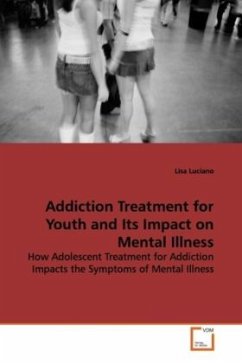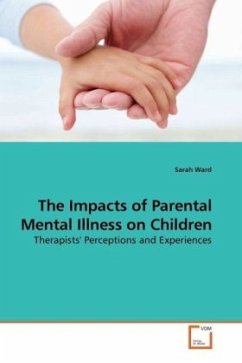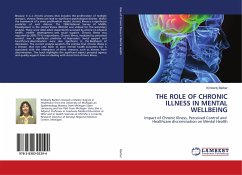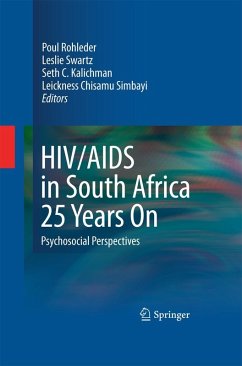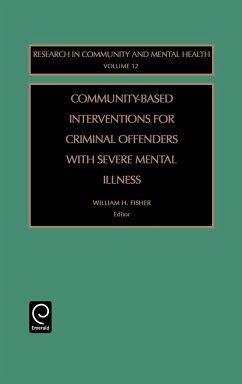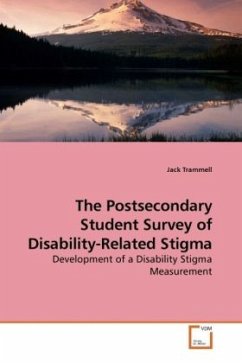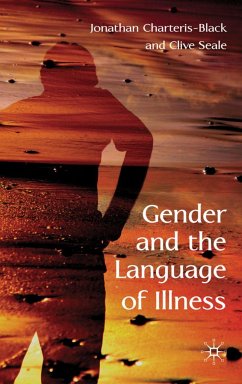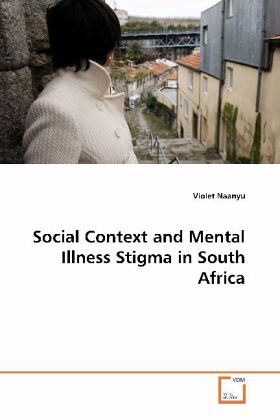
SOCIAL CONTEXT AND MENTAL ILLNESS STIGMA IN SOUTH AFRICA
Versandkostenfrei!
Versandfertig in 6-10 Tagen
45,99 €
inkl. MwSt.

PAYBACK Punkte
23 °P sammeln!
Although recent medical advances have increased our understanding of mental illness, associated stigma persists. This study applies the Etiology and Effects of Stigma Model to frame and evaluate mental illness stigma in South Africa. It investigates causal attributes, stigma, and how demographics structure both. Findings suggest schizophrenia draws more stigma than depression. South Africans are hesitant to engage people with mental illness in marital relations and childcare. For the most part, demographic characteristics of persons described with mental illness are not associated with stigma....
Although recent medical advances have increased our understanding of mental illness, associated stigma persists. This study applies the Etiology and Effects of Stigma Model to frame and evaluate mental illness stigma in South Africa. It investigates causal attributes, stigma, and how demographics structure both. Findings suggest schizophrenia draws more stigma than depression. South Africans are hesitant to engage people with mental illness in marital relations and childcare. For the most part, demographic characteristics of persons described with mental illness are not associated with stigma. However, Blacks stand out as recipients of negative White responses. Gender is only significant when interacted with selected causal attributions. Biogenetic causes are associated with intolerance. Further, Black, male, and lowly educated respondents are more likely to endorse non-biogenetic causes. This study contributes to the ongoing debate on the association between knowledge of mental illness labels, attributions, and stigma. The South African context is not unique; however, race matters significantly. This is not surprising given South Africa's history of apartheid and its vestiges.



